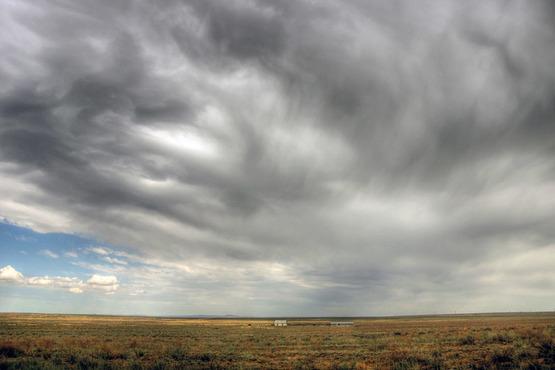Project Overview
Half of Kazakhstan's agricultural production is devoted to wheat. Due to unsustainable agricultural practices, over the past 30 years, the country has seen a significant decrease in humus content in topsoil, high desertification and climate risk due to reliance on monoculture, inefficient technologies, and improper management of pastures, forests and wetlands. However, a framework exists to transform production through the country's commitments to restore degraded land through the Bonn Challenge, calls for innovative mechanisms for more sustainable and productive agriculture through action plans to a green economy, a national biodiversity strategy, an inter-ministerial land degradation neutrality task force, and the adoption of policies favoring access of smallholders to subsidies and credit, valuation of ecosystem goods and services, diversification of ownership of land, forests, and hunting areas, norms and standards on green products, and more efficient crop and cattle agriculture.
Commodity:
Wheat
Area Covered:
740,000 hectares
Executing Partner and GEF Implementing Agency:
United Nations Development Programme

Project Features
The project will focus on developing integrated Landscape Management systems, promoting sustainable food production practices and responsible value chains, conserving and restoring natural habitats. These efforts will be supported by knowledge management, monitoring and evaluation, and coordination. It will engage the Ministry of Energy in coordinating state programs on climate and environmental sustainability, ensure overall stakeholder coordination, and communication with state agencies.
It will also encourage participation from the Ministry of Agriculture for the enforcement of agricultural laws and development of policies and regulations, as well as key policy support from the Ministry of Finance, the Ministry of Economic Development and Trade, the State Committee for the Land Resources Management and various state institutions. It will engage the private sector in collaboration with communities to establish fully functioning tree plantations for biofuel production as a substitute for fossil fuels use and to work with the private sector to ensure environmental sustainability of production along the supply chain.
It will engage private sector actors through partnerships to develop agro-environmental incentives for farmers and through promoting sales and marketing of green products developed by the project.

Kazakhstan steppe. By Mariusz Kluzniak. Used under Creative Commons license.







